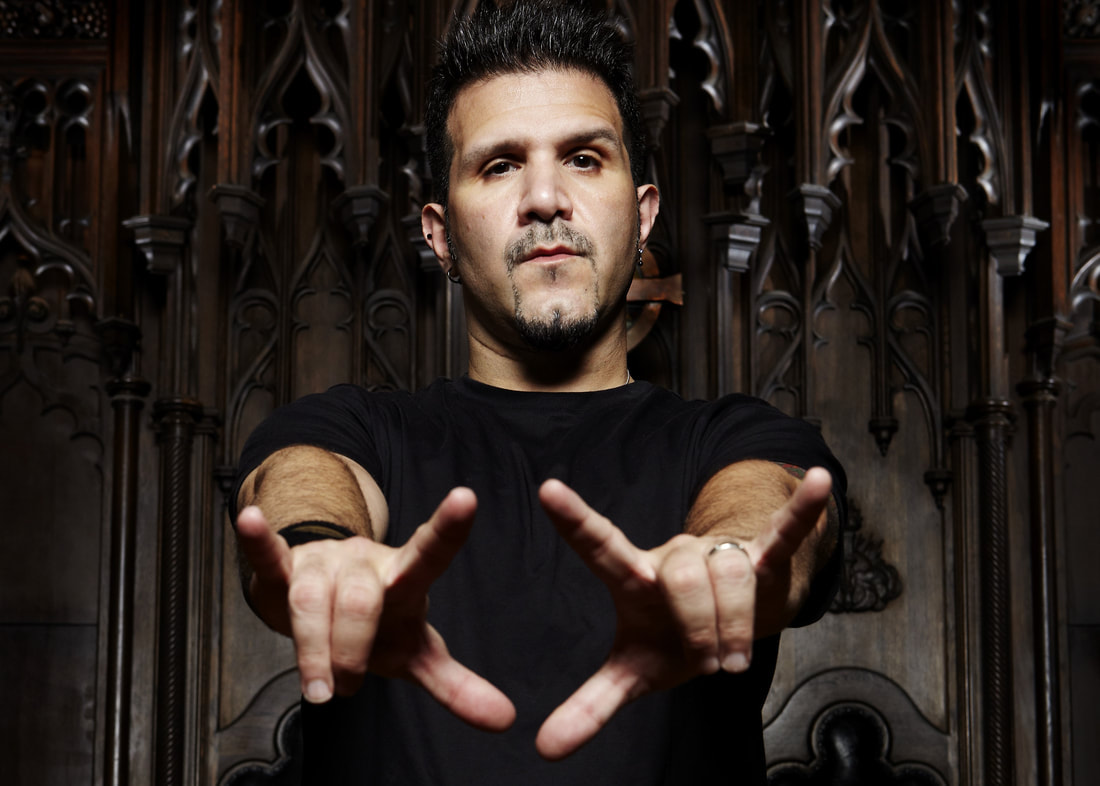1. Skill And Expertise Matter
The level of skill and expertise that you possess is a major determinant of the kind of instrument that you should buy. If you go to a store today, you'll find various models for the same product line of a brand. This is because companies manufacture instruments with varying features, to suit players of different levels. So for beginners, you'll find models that have a simple layout and easy-to-use features, whereas, for experts, there are more customization options. Similarly, for those who are involved in music production, there are instruments with production-heavy features. So make sure to keep in mind your skills, expertise, and the reason you're buying the instrument for.
2. Choose According To Genre
Another factor that comes into play here is the genre of music that you specialize in. The kind of instrument that you should purchase depends also on the kind of music you play because different genres require different models. For instance, if you're into rock and punk music, then look into what will be the best guitar for punk music or rock. Similarly, if you're someone who enjoys playing country, then look into the best acoustic guitars that will suit you. If you're unsure about this, don't hesitate to take the help of shop staff or any other experience musician who can help you out.
3. Think About Space Requirements And Maintenance
One thing that most people fail to consider is the space requirements that their instrument demands. Whichever instrument you purchase requires enough space for storage and display, and while some can be kept around, bigger instruments like pianos and harps need larger areas and proper set-ups. So before you buy an instrument, remember to evaluate the kind of room you have in your home or living space, to accommodate that instrument. Also, keep in mind the maintenance requirements of your instrument including how frequently you'll have to get them fixed or tuned, and if there are some special tools that you may require.
4. Take An Expert Opinion First
If you're a beginner, taking an expert opinion before you shop is definitely a good idea. Over time, as you go on playing music, you also gain a better understanding of the instruments and become a better judge of which features to look for. Take the help of your teacher or mentor in choosing an instrument, if you are someone who is learning. Otherwise, you can also approach a friend or colleague with a demonstrated history and knowledge of music. There is always the option of checking out reviews on Youtube and detailed articles on the internet. There are numerous such detailed reviews and opinion pieces available where you can clearly read about what kind of instrument you should buy, or whether the one you've chosen is good for you or not.
5. Be Informed of Prices and Rates
Of course, at the end of everything, you should always be well-informed about prices. Instruments can be quite a heavy investment, and it is important to make sure that you're getting good value for money. Expensive doesn't always mean good quality, and a lot of times, you're much better off with an average-priced model than a costly one. But at the same time, don't go spending money on really cheap models, which will not hold up long. Choose a reliable, mid-range company that can give you years of service. However, such advice is more for people who are learning or in the process of becoming fluent players. If you are experienced, then going for high-end models is great, but only one's which have useful features.








